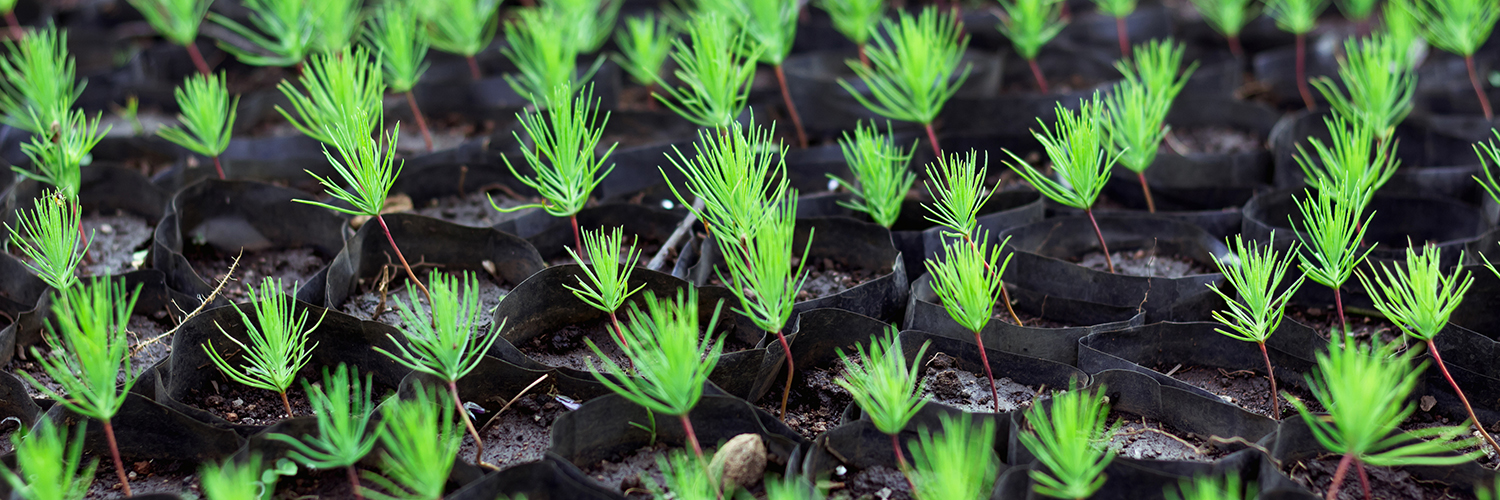Research
Research Status:current

We use some essential cookies to make this website work.
We’d like to set additional cookies to understand how you use forestresearch.gov.uk, remember your settings and improve our services.
We also use cookies set by other sites to help us deliver content from their services.

Our changing climate can increase the vulnerability of forests to damage from disease and reduce forest health and productivity. But, it can also have positive effects by offering opportunities for improving productivity and growing trees in previously sub-optimal areas.
B4EST will provide an understanding of how adaptive forest breeding can be used to increase forest survival, health, resilience and productivity under climate change and natural disturbances, while maintaining genetic diversity and key ecological functions.
Working with tree breeders, forest managers and the forest industry B4EST will produce new evidence and operational solutions useful to forest tree breeders, forest owners, managers and policymakers when making flexible long-term decisions.
B4EST will work with eight forest tree species: Norway spruce, Scots pine, maritime pine, black poplar, ash, stone pine, Douglas-fir and eucalypts. For these species the project will re-analyse and assess tree properties from past field trials to select material suitable for use in Europe in the future.
The French National Institute for Agricultural Research (INRA) leads the project that will last for four years and will finish in 2021.
B4EST aims to provide improved scientific knowledge on the adaptation profiles for key tree species, new adaptive tree breeding strategies and tools, and tree genotypes (trees with the same genetic make-up) which are of high adaptive and economic value.
It will also deliver decision support tools for the choice and use of Forest Reproductive Material (FRM) for balancing production, resilience, and genetic diversity. It will also develop management and transfer recommendations for FRM deployment at stand and regional levels.
The project will offer policy recommendations for adaptation of European forest production systems to the challenges posed by climate change and natural disturbance.
The practical goals of B4EST are to:
Forest Research is leading work assessing key biotic and abiotic factors affecting forest productivity and resilience, with the focus on climate change vulnerabilities and risks. The main tasks in this work are the: delivery of climate change datasets to the project partners, assessment of the genetic variation for tolerance to biotic and abiotic threats, assessment of how tree properties change according to environmental conditions, and modelling of FRM performance under climate change.
We are also involved in work to:
Description of the research and knowledge development on the effects of climate change on forests and forestry in Scotland

Senior Forest Ecologist
Cookies are files saved on your phone, tablet or computer when you visit a website.
We use cookies to store information about how you use the dwi.gov.uk website, such as the pages you visit.
Find out more about cookies on forestresearch.gov.uk
We use 3 types of cookie. You can choose which cookies you're happy for us to use.
These essential cookies do things like remember your progress through a form. They always need to be on.
We use Google Analytics to measure how you use the website so we can improve it based on user needs. Google Analytics sets cookies that store anonymised information about: how you got to the site the pages you visit on forestresearch.gov.uk and how long you spend on each page what you click on while you're visiting the site
Some forestresearch.gov.uk pages may contain content from other sites, like YouTube or Flickr, which may set their own cookies. These sites are sometimes called ‘third party’ services. This tells us how many people are seeing the content and whether it’s useful.